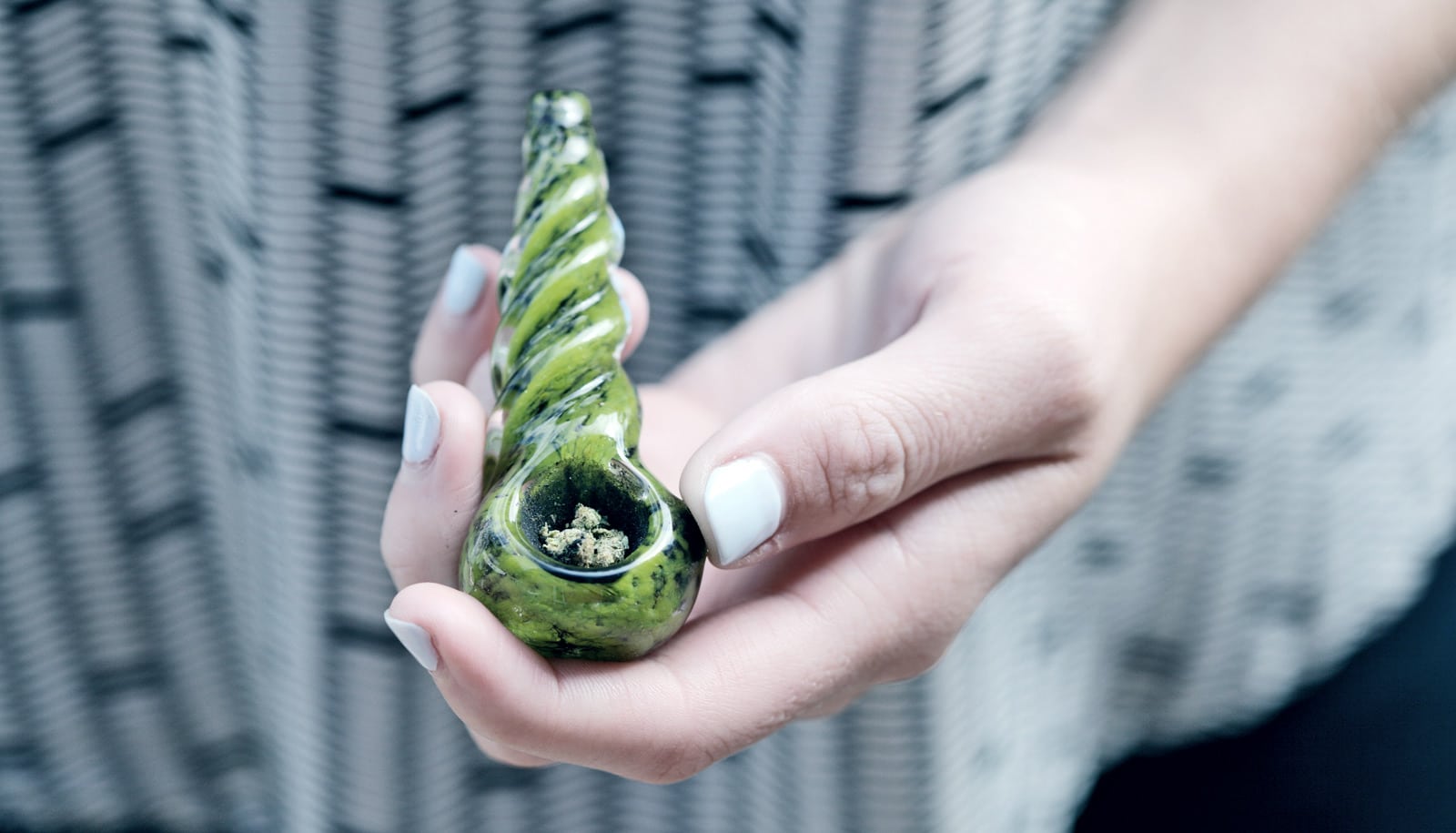A new survey of parents has identified clear associations between certain types of childhood cancers and substance use during pregnancy, notably cannabis.
The study adds specificity to the potential harms of drug and alcohol use during pregnancy. The findings come at a time when cannabis use has risen, often as a remedy for severe morning sickness and nausea.
“Alcohol and tobacco use during pregnancy has declined, but gestational cannabis use has risen in the last decade,” says lead author Kyle Walsh, associate professor in the departments of neurosurgery, pathology, pediatrics, and population health sciences at Duke University School of Medicine.
“The psychoactive compounds of cannabis are capable of crossing the placental barrier and may interfere with normal neuronal development in the fetal brain,” Walsh says. “We examined fifteen different types of childhood cancer and identified an association that was quite specific to cancers of the central nervous system.”
Walsh and colleagues surveyed parents of children who were diagnosed with cancer before their 18th birthday. The parents were asked to recollect whether mothers used tobacco, alcohol, and/or illicit drugs during pregnancy. Respondents from 3,145 families, of which 92% identified as the child’s biological mother, completed the survey.
About 14% of families reported gestational use of tobacco products, 4% reported using illicit drugs such as marijuana or cocaine, and 2% reported drinking more than a moderate amount of alcohol. Although cannabis use was not analyzed separately, the survey specifically referenced marijuana as a category of illicit drug and marijuana has been documented as the most commonly used illicit substance during pregnancy.
Prenatal illicit drug use was associated with increased prevalence of tumors of the central nervous system, including medulloblastomas and supratentorial primitive neuroectodermal tumors, or PNETS, as well as a form of eye cancer called retinoblastoma.
Moderate to heavy alcohol consumption was strongly associated with the elevated prevalence of non-Hodgkin lymphoma. Maternal tobacco smoking during pregnancy was associated with reduced newborn birthweight, but not with an elevated risk of specific cancers.
“We hope that our findings can promote increased provider-patient dialogs about the potential effects of prenatal substance use, and cannabis use in particular,” Walsh says. “This has implications for public health messaging. We also stress the need for further research into the risk-benefit profile of cannabis use among expectant mothers.”
The risks should be weighed appropriately, with different considerations for patients who suffer from severe morning sickness vs. those who use cannabis recreationally, Walsh says.
Alex’s Lemonade Stand Foundation, the Tobacco-Related Disease Research Program of California, and the National Cancer Institute funded the work.
The research appears in Cancer Epidemiology, Biomarkers, and Prevention.
Source: Duke University



